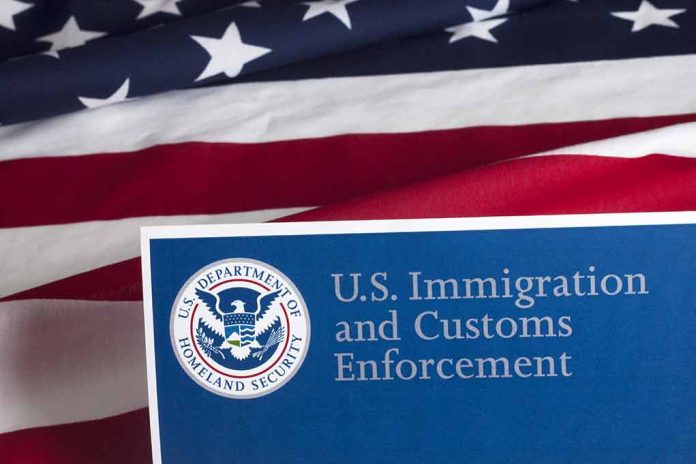
Secretary of State Marco Rubio introduces significant reforms in student visa policies, stirring optimism and debate about the trajectory of international education.
Key Takeaways
- Over 300 student visas revoked targeting activists, especially those in pro-Palestinian movements.
- Rubio supports the Trump administration’s visa revocation actions against foreign protestors.
- Critics express concerns over potential free speech suppression in U.S. universities.
- The visa actions have been justified under Cold War-era provisions against adverse foreign policy consequences.
- Students are facing detention, deportation, or have left the U.S. to avoid legal action.
Rubio’s Visa Policy Transformation
Secretary of State Marco Rubio has made a decisive shift in the student visa policies, focusing on revoking visas from foreign-born students involved in activism. This policy reflects a concerted effort by the U.S. administration to address perceived security and foreign policy risks. Over 300 student visas have been revoked, focusing primarily on those participating in pro-Palestinian movements.
Rubio has emphatically defended these actions, underscoring his support for the Trump administration. “Every country in the world has a right to decide who comes in and who doesn’t,” he stated during a press conference in Guyana, accentuating the administration’s assertion of sovereignty and security concerns. The visa cancellations encompass a broader crackdown on pro-Palestinian protesters on campuses such as Columbia University, Tufts, and the University of Alabama.
Defense and Criticism
The administration’s policy is drawing mixed reviews. Critics raise alarm over potential suppression of free speech and assembly rights traditionally safeguarded in U.S. universities, highlighting issues of rights for foreign students. This policy has even extended to targeting individuals with permanent legal residency, such as green card holders. The reasons remain publicly unstated, yet some justifications tie back to adverse foreign policy implications under a Cold War-era provision.
Notably, many of these students face detention, often caught off-guard, with little communication from immigration authorities. Some have fled voluntarily to avoid legal ramifications, while others remain embroiled in legal battles against their deportations. There are reports of ongoing arrests, with an emphasis on individuals from Iran, Turkey, South Korea, Palestine, and India.
Implications and Future Outlook
The implications of Rubio’s policy reforms continue to surface, sparking discussions about the evolving landscape of international education in the United States. The policy has implications for both the global competitiveness and openness of U.S. academic institutions. While Secretary Rubio’s staunch defense emphasizes national policy and security prerogatives, the administration faces continued pushback from critics who argue for the protection of certain liberties and the enrichment brought by international students’ presence in the country.
The academic community watches cautiously, balancing optimism for improved integration procedures against concerns over civil rights and the potential chilling effects on campus activism. The dialogue continues amid evolving geopolitics, shaping the narrative for future education policy approaches.
Sources:
- Rubio Says US Pulled at Least 300 Visas, Defends Expulsions – Bloomberg
- SecState Rubio on Fire, Canceling Student Visas Left and Right – RedState







